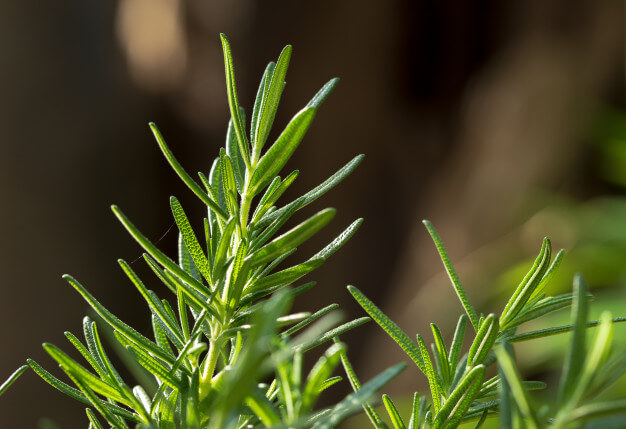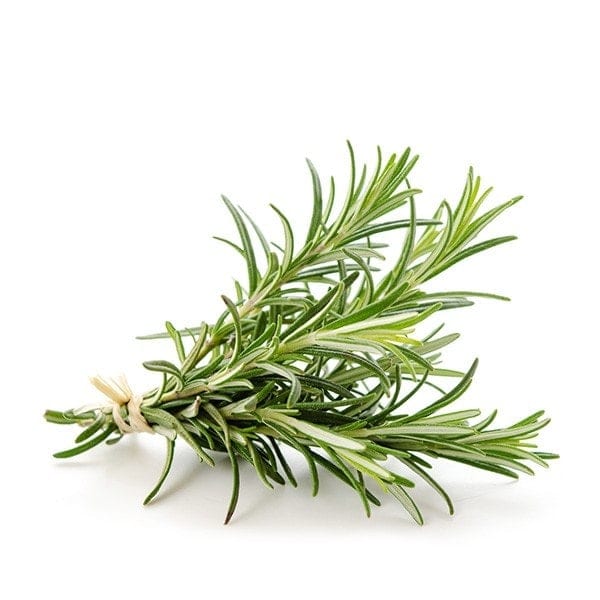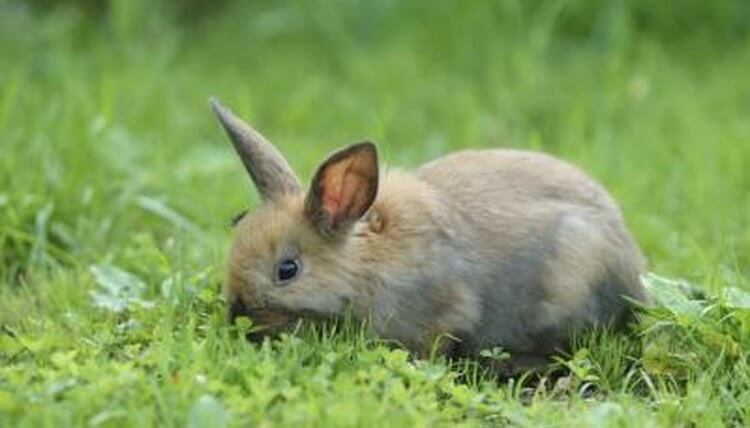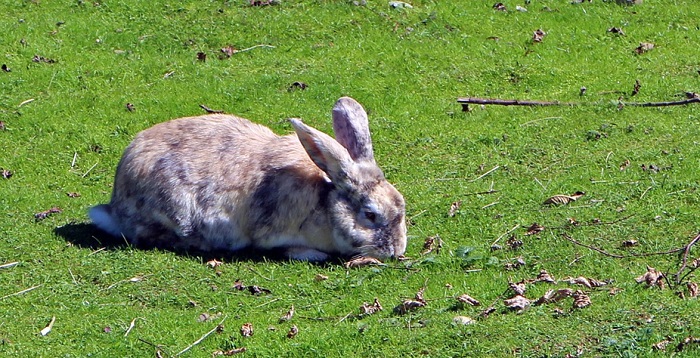They say that pets are just like kids and when you bring a pet in your house you need to “pet-proof” your house. To be honest, that is perhaps the greatest truths for a pet owner. Regardless of what pet you have, things are lying around your house that may be a hazard for your pet and you may not even know it.
In this case, if you have a pet rabbit and you have a garden with various plants, you should be well aware of all those plants that may be toxic for your rabbit especially if your furry friend likes to hop around outside.
Rabbits for all intents and purposes are herbivores, which basically translates into the fact; most of their nutrition comes from plant-based sources. However, having said that, it doesn’t mean that all plants are suitable for your rabbit. So here’s a guide to all those plants you can grow in your garden and all those you can’t, for the sake of your twitchy-nosed, long-eared buddy.
Plants and vegetables to avoid and why:

- Carrots: I know this probably came to you as a huge surprise but unfortunately it’s true! While we wouldn’t say that carrots are toxic for rabbits, they are extremely rich in calcium and natural sugars. The two things are bad for your rabbit’s teeth and gut health. Thus they are more appropriate as an occasional treat rather than a staple food. However, the leafy tops of carrots are good for your rabbits.
- Iceberg Lettuce: Probably another surprise for you but the light-colored lettuces including iceberg have high amounts of lactucarium which causes your rabbit to end with diarrhea. Plus it’s mostly just water-based and has very little nutrition in it, so there’s no point in feeding it. Stick to darker leafs such as kale.
- Rhubarb: If you have Rhubarb planted in your garden, it’s best if you remove it immediately. The leaves have extremely high levels of oxalic acid and if ingested by your rabbit, it can lead to fatal kidney damage. And it’s not just the leaves to be avoided; the whole plant should be kept away from your rabbit.
- Nightshade plants: Just like for most animals, plants from the nightshade family (tomatoes, eggplants, potatoes, and peppers) are toxic and the same applies to your rabbits. The leaves and stems are detrimental to their health. Out of the list, potatoes, cooked or raw should be completely avoided because they have high amounts of carbs and starch which aren’t healthy for rabbits. You can, however, occasionally, feed your rabbit tomatoes and peppers in tiny amounts.
- Avocados: If you have avocados growing in your garden or lying around at home, easily in your rabbits reach its best to keep them away from your rabbits. The entirety of an avocado is toxic for your rabbit.
Plants and vegetables safe for your rabbit and why:

- Cabbage: Whether you’re growing green cabbage, red cabbage, savoy cabbage, or Bok Choy, all these are safe for your rabbit to nibble on and enjoy. They are guaranteed to not negatively impact your rabbit’s lagomorphic digestive system since they are easy to digest. However, some owners claim cabbage has caused bloating in their rabbits, so make sure you monitor your rabbit and see for yourself.
- Romaine Lettuce: While we advised you to avoid feeding your rabbit iceberg lettuce, romaine lettuce, which is a darker green is actually healthy to feed your rabbit. This darker-colored lettuce is high in fiber and has actual nutrients that will help your rabbit grow healthy.
- Blueberries and Strawberries: Blueberries and strawberries are healthy fruits that you can feed your rabbit. They are rich in antioxidants and nutrients and your rabbit won’t become hyperactive after eating them However, these fruits contain tiny seeds that are ingested too much may cause digestive tract problems for your fur baby. So if they’re growing in your gardens you won’t have to remove them rather just keep a watchful eye on your little friend.
- Herbs: There are certain herbs that we’re growing in our backyards that are definitely healthy for rabbits. These include basil, oregano, dill, parsley, and rosemary. On the other hand herbs such as aloe, buttercup, eucalyptus, mistletoe, and poppy are dangerous for rabbits and should be avoided at all costs.
Do herbs such as Rosemary have any health benefits for rabbits?

If you’re growing rosemary in your backyard, you’ll know how advantageous growing the plant is. It can be used for culinary purposes, can be kept as an ornamental plant, is aromatic, and is also great pest control. And if you have a pet rabbit, the good news is, rosemary is perhaps the safest herb for your rabbit to munch on!
Rosemary also comes with a wide variety of health benefits. Rich in minerals such as fiber, iron, potassium, and calcium as well as vitamins A, B, and C, it is healthy food to feed your rabbit.
FAQS:
If I have rosemary growing in my backyard, will my rabbit destroy my plant by constantly eating it?
Fortunately for you, you don’t have to worry about this. Rosemary is not part of your rabbit’s staple diet like hay is so the chances of your rabbit constantly eating the leaves and destroying the plant is low.
How can I introduce rosemary to my rabbit’s diet?
Firstly, make sure you do so gradually so you can monitor if it suits your rabbit. Moreover, make sure it is washed and chemical-free.
Feed your rabbit the leaves as a snack and you’re good to go.
Conclusion:
It’s safe to say you can have a rabbit and enjoy gardening as well. All you have to do is follow through with a few easy precautions to ensure that there’s nothing hazardous for your rabbit and both your garden and your rabbit will flourish and live healthy lives!
